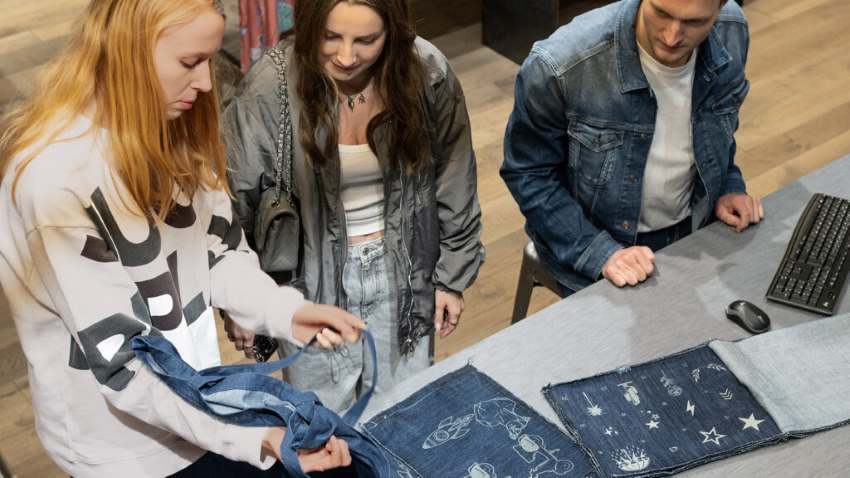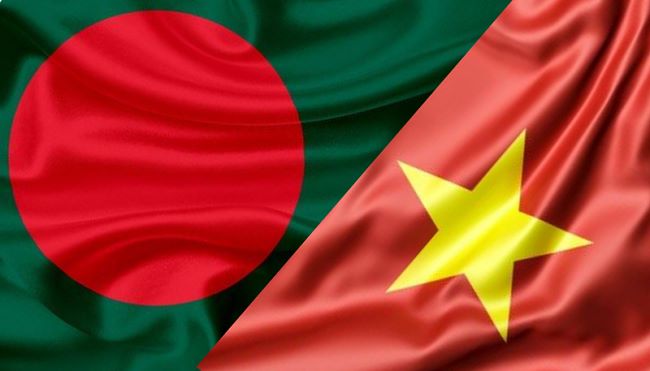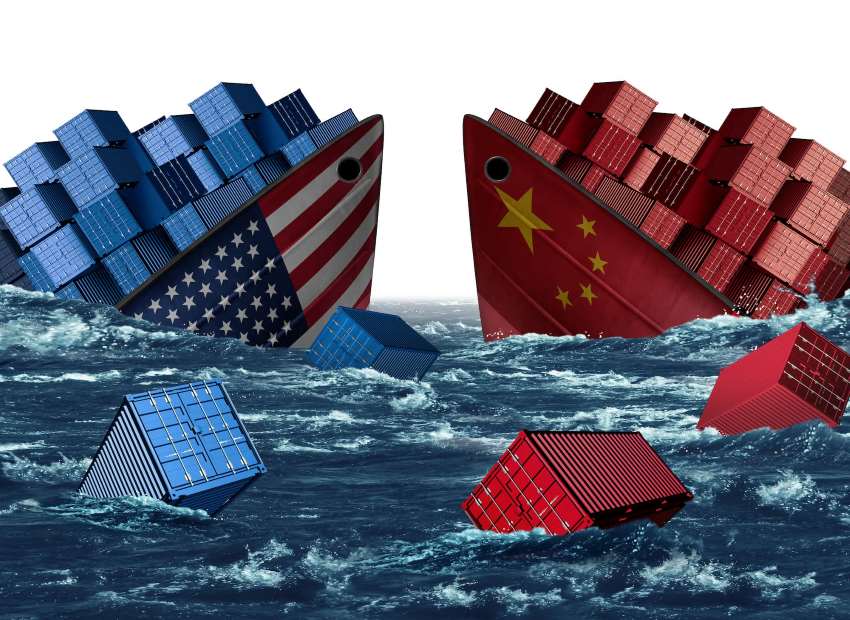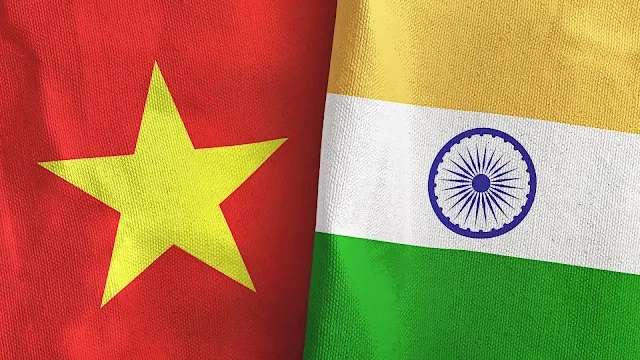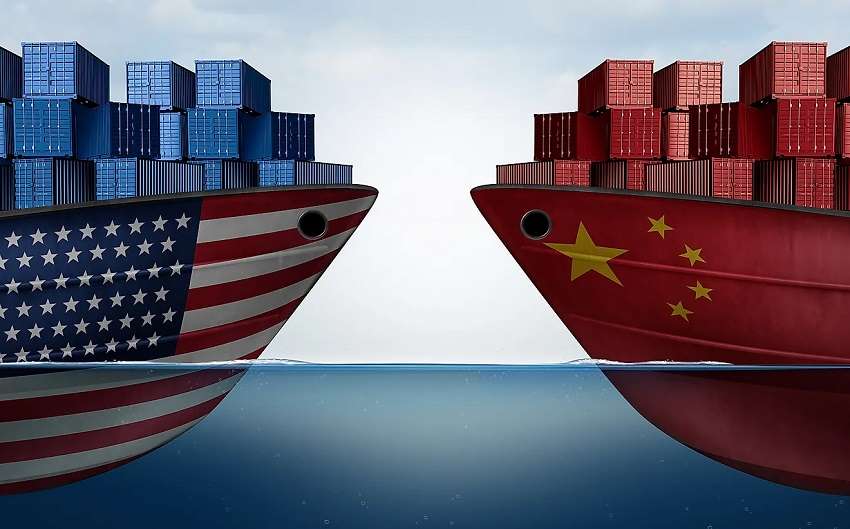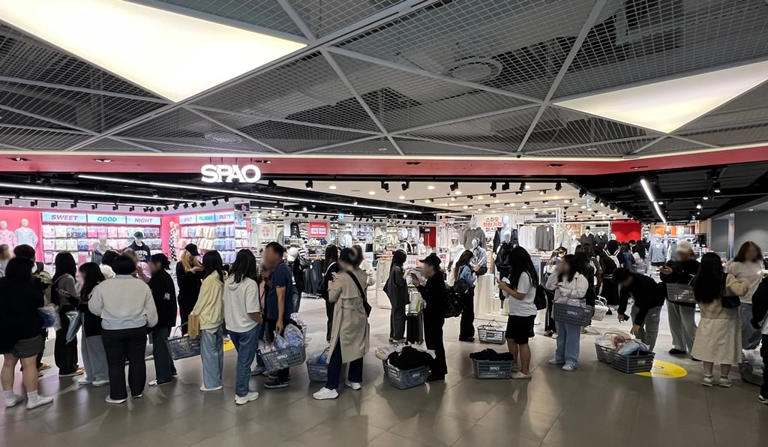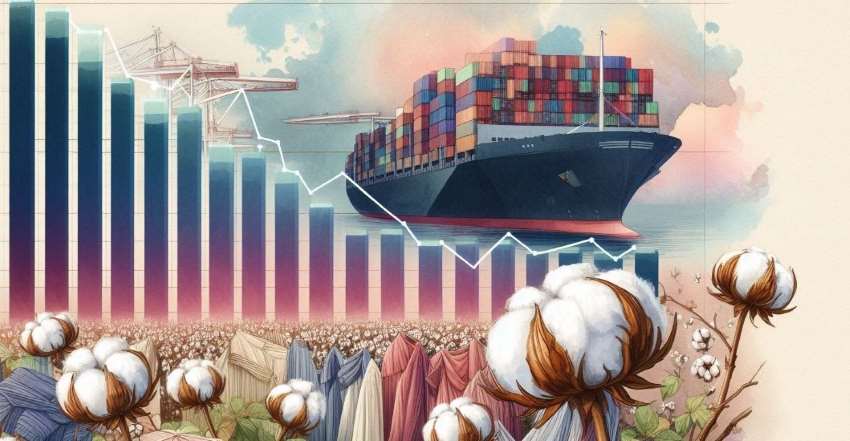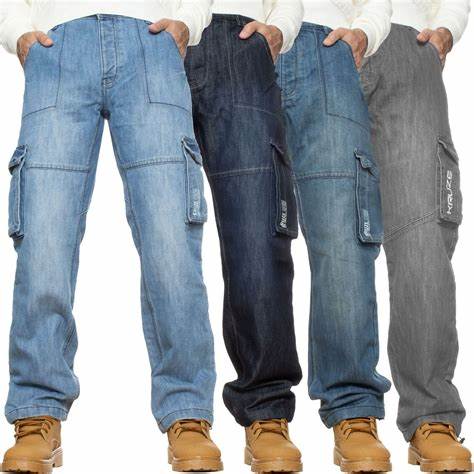FW
Organisers of the World Textile Awards, sponsored by The Textile Institute, Manchester, have extended the final deadline for entries to January 31, 2016 driven by demand. The winner will be awarded to recognise and honour different aspects of the firms in categories: Fibre Producer, Spinner, Knitter, Weaver, Dyer and Finisher, Garment Maker, Technical Textile Producer and Home Textile Producer.
The event would also offer the title ‘International Textile Firm of the Year’ for mark of quality commitment and professionalism. Textured Jersey (Sri Lanka) achieved this award in 2014. Headquartered in London, the quest of the World Textile Awards is primarily to formulate a united platform over economies to nurture extraordinary work and successes at different levels of the textile industry. With immense growth in the sector, firms have an opportunity to make a mark, since entries being opened to all textile manufacturing regardless of its size.
Each year, organisers assemble a team of experts from across the globe as the panel of judges for the World Textile Awards. They are drawn from leading textile organisations, institutions and companies. The jury’s task is to review each form. The firms are liable to submit a written description on why they deserve a category of award. The prominent features considered are: market position, technical performance, environmental and sustainability practice, quality control and employee programmes.
The cellulose fiber market has been witnessing strong growth over the past few years. Fibers extracted from natural plants are called as cellulose fabrics whereas fibers extracted from plant pulps are called manufactured cellulose fabrics. Cellulose fibers are extensively used in fabrics, textiles and spun yarn applications. Various chemical and mechanical processes have to be carried out to obtain wood pulp from plants. This extracted wooden pulp is used to obtain different man-made fibers. Rayon and viscose fibers are manufactured cellulose fabrics. Rayon fibers are extensively used in manufacturing curtains and carpets owing to their good absorbing properties. Acetate fibers are used in cigarette filters and apparels on account of their fast drying capability.
The textile industry has emerged as a leading application segment for cellulose fibers. Cellulose fibers are extensively used in the textile industry owing to their superior properties such as environment friendly, skin friendly and bio-degradable properties.
Spun yarn and fabrics are the major markets for cellulose fibers accounting for nearly a 25 per cent global market share. Asia Pacific has emerged as a leading regional market for cellulose fibers over the past few years closely followed by Europe. Asia Pacific holds the major portion of the market share in terms of production and consumption. The strong growth of the textile industry in India and China is the key factor driving the cellulose fiber market in this region.
To celebrate its 30th anniversary of UK subsidiary, Shima Seiki Europe, the well known flat knitting machine manufacturer plans to hold a private exhibition at its offices in Derbyshire this month. The event will recall the 30 years of sales and service in the UK. The company plans to display technology in the form of an ‘After-Show’ exhibition much like the previous month’s outstanding show at the ITMA Milan, Italy. The show consolidates the company’s exclusive WHOLEGARMENT knitting technology, which coincidentally celebrates its 20th anniversary this year.
The exhibition will highlight the company’s current line of cutting-edge computerised flat knitting technology. Shima Seiki’s original Slide Needle on four needle beds is featured through the flagshipMACH2X series. The limelight at Shima’s ITMA booth, the new MACH2XS machine will also be showcased to mark Shima Seiki’s original spring-type sinker system. SWG-N2 series compact Wholegarment knitting machine will also be demonstrated. It is designed to offer increased colour capacity and the capability for producing industrial textiles.
Among others the UK exhibition will also showcase SIP-series flatbed-type on-demand inkjet printing machine and P-CAM cutting machine which were also displayed at ITMA. The SDS-ONE APEX3 design system, which is the company’s core Total Knitting System concept will be exhibited.
US retail sales at the beginning of the holiday season were slow. Sales were impacted by continued unseasonably warm weather that delayed purchases of fall apparel as well as a shift in consumer buying patterns. Online shopping too has contributed to a decline in sales at brick-and-mortar stores as consumers get more and more comfortable shopping over the internet.
Holiday sales constitute nearly a fifth of the retail industry’s annual sales. Sales increase this holiday season is expected to be 3.7 per cent compared to the 4.1 per cent growth reported last year. The year-over-year decline is attributed to slow jobs growth, pressure from deflation on retail sales and increased consumer spending on services rather than goods.
There has been a 4.8 per cent decrease in comparable store sales for the month of November. Total monthly sales declined 1.2 per cent from the prior-year month. The entire shortfall in November comparable sales occurred during the first two and one-half weeks of the month. Sales improved to flat last year for the remainder of the month and positive in early December. Consumer confidence in the US unexpectedly saw a substantial deterioration in November mainly due to a less favorable view of the job market.
The Indian government has decided to focus its energies on boosting certain segments of the textile and apparel industry that are already reporting positive performance. It will also assist exporters with export-friendly policies to explore new markets such as Africa so that its dependence in the US and the EU is reduced.
While the country’s total exports contracted for an eleventh straight month through October, overall textile and clothing exports — which also include those of handicrafts and carpets reported positive growth. According to the latest data, overall textile and garment exports rose 0.6 per cent to $18 billion in the first half of the current fiscal from a year before, while the country’s overall exports plunged by 17.6 per cent during the period. Consequently, the share of such textile and clothing exports in the country’s overall exports have risen to 13.5 per cent in the April-September period this fiscal from 11.1 per cent a year before.
Segments like handicrafts and handlooms will receive a renewed boost in order to enhance their export potential. China is the biggest market for textiles, accounting for over 70 per cent of India’s cotton and 40 per cent of yarn exports and the US and the EU are the largest markets for Indian apparel, with a share of around 65 per cent of the total garment exports. To promote textile exports to new markets such as Africa, the government has raised support to outbound shipments of more textile products under the Merchandise Exports from India Scheme (MEIS). Most of the textile and garment items, which were earlier not availing much of a benefit, are now granted 3 per cent duty credit scrip under the MEIS to tap markets.
Recently, the government also introduced 110 new tariff lines, including textile, telecom and electronic items, in the MEIS and increased the duty benefit rates or the country coverage, or both, for 2,228 existing tariff lines. The commerce ministry’s move to partially tweak the MEIS came after the finance ministry had agreed to raise the allocation for the scheme to Rs21,000 crores for the current fiscal from Rs18,000 crores announced earlier.
Texmin.nic.in
A three-year campaign for the right of Ismaco garment workers successfully ended on November 27, 2015, when IndustriALL Global Union’s Turkish affiliate Deriteks signed a collective bargaining agreement with Ismaco management.
At the end of 2012, garment union Deretiks started organising workers at the Ismaco plant, a supplier to top Italian brand Ermenegildo Zegna. Despite approaching the management with various suggestions, the management still decided to fire nine union members for organising activities. To protest sacking of workers, they started agitation at Tuzla Free Zone in Istanbul for 245 days. The union also organised protests in front of Zegna’s stores in Istanbul.
On a visit to Turkey in 2013, Kemal Özkan, IndustriALL assistant general secretary, called on Ermenegildo Zegna to respect workers’ rights, and take the sacked employees back on duty and recognise the union at workplace. Supporting its affiliate, IndustriALL conducted several actions together with Deriteks, Ermenegildo Zegna and Ismaco to try and find a solution. In late 2014, IndustriALL and its Italian and Turkish garment affiliates agreed on a document of common understanding, recognising freedom of association for all employees at the plant. In early 2015, IndustriALL and Ermenegildo Zegna organized a town hall meeting with all the workers at the plant to announce the joint agreement.
On 1 June 2015, Deriteks received a union authorization from the Ministry of Labour. IndustriALL has continued to assist Deriteks in the negotiations to reach the agreement.
www.industriall-union.org
A new trade union law being readied by Cambodia’s government for submission to Parliament, according to International Trade Union Confederation (ITUC) imposes a host of restrictions on trade unions which would severely curtail workers’ rights to union representation, in violation of International Labour Organisation Convention 87 on Freedom of Association.
The proposed law places unacceptable administrative and legal burdens on trade unions, excludes workers in air and maritime transport and the informal economy from its scope, hinders the process of forming a union, allows whole unions to be dissolved if individual officials act illegally, and imposes onerous restrictions on the right to strike.
Other provisions include financial penalties for any union found to have breached the law which are so high that they could bankrupt the union, intrusive government controls on union finances and unacceptable restrictions on who can be elected as a union office-bearer. While the law purports to stop employer interference in unions, there are no such restrictions on government and political parties interfering in unions, which is a substantial problem in Cambodia.
The government has also ignored calls to set up a labour court, meaning that labour issues that do get to trial are handled by the regular court system which is notoriously corrupt and subject to external influence, ITUC said.
Sharan Burrow, ITUC General Secretary, said, “This draft law is a step backwards. It would put Cambodian workers, many of whom work extremely long hours for poverty wages in poor conditions, at even greater disadvantage than today. Depriving workers of the right to freedom of association, as this law would do, leaves them at the mercy of their employers with little or no recourse. It is yet another example of a government failing to support its national workforce in the exploitative system of global supply chains which dominates the world economy today.”
The ITUC represents 180 million workers in 162 countries and territories and has 333 national affiliates.
http://www.ituc-csi.org
The World Federation of the Sporting Goods Industry (WFSGI) continuing its successful series of WFSGI Manufacturers Forum conducted its latest event on December 2 and 3, 2015 gathering sporting goods and apparel brands and their independent supplier factories on a global basis to discuss topics ‘Beyond Lean Manufacturing’.
The forum supported by the International Apparel Federation, not only focused on the more technically orientated topics but also on corporate responsibility in its many aspects. During the two-day conference the audience got an opportunity to interactively participate in workshops and raise questions to the keynote speakers with regard to circular manufacturing, lean production, reduction of labor intensive production as well as workforce education and human-centered manufacturing.
From how to implement lean production to how to get product to market faster and increase the value of a product by reducing or repurposing manufacturing waste into new products or revenue streams, the forum discussed several challenges manufacturers, brands and retailers face in today’s consumer-driven global marketplace. The event hosted around 200 sourcing, supply chain managers, and operations directors from sporting goods apparel, footwear, textile and bike industries.
Most of the speakers spoke about new-age technology and how to reach consumers faster or speed to market approach giving different examples from the industry.
www.wfsgi.org
Prime Minister Nguyen Tan Dung and President of the European Commission (EC) Jean-Claude Juncker were present at the signing ceremony of the trade pact between both these nations. The event was celebrated as the 25th anniversary of the Vietnam-EU diplomatic ties.
Vietnam and the EU agreed to complete the process of the deal negotiations as soon as possible to put the pact into effect at the beginning of 2018. In October 2010, the Prime Minister of Vietnam and the EC President agreed to commence talks on the EVFTA after completing all necessary technical procedures. The two sides announced the official launch of negotiations on June 26, 2012. After nearly three years with 14 official rounds of talks and multiple mid-term negotiations at ministerial, head of delegation, and working levels, Vietnam and the EU finally completed the negotiations on trade pact.
The EVFTA is an inclusive and high quality agreement that ensures the balance of interests for both Vietnam and the EU, with due consideration of the gap of development between the two sides. The pact covers the trade in goods, rules of origin, customs and trade facilitation, sanitary and phytosanitary measures, technical barriers in trade, trade in services, investment, trade remedies, competition, state-owned enterprises, government procurement, intellectual property, sustainable development, cooperation and capacity building, legal and institutional issues, as well as new approaches to investment protection and settlement of investment disputes.
Vietnam and the EU will eliminate tariffs on over 99 per cent of tariff lines. For the few remaining lines, the two sides will give each other a certain customs quota or partial reduction of customs tariff. The EU is currently the second biggest trade partner of Vietnam, with two-way trade increasing from $17.75 billion in 2010 to $36.8 billion in 2014. In the first half of 2015, bilateral trade topped $19.4 billion, a year-on-year rise of 11 per cent. Of which, Vietnam grossed $14.9 billion from exports to the EU and imported $4.5 billion worth of goods from the market.
evfta.com
The Taiwanese manufacturers of apparel fabrics, especially polyester and accessories, aim to explore South Asia as a major business destination with prime focus on Bangladesh. The players feel that there is a vast potential for fabrics business in Bangladesh since it is considered one of the top RMG exporters and sources fabrics as raw materials.
Many Taiwanese players showcased their strength at the Taiwan Textile Fairs South Asia 2015 held in Dhaka, Bangladesh. The first such expo was held on November 23 and 24, 2015, where best of Taiwan’s innovative and value-added fibres, yarns, fabrics, trimmings and apparels were displayed to the Bangladeshi visitors. The fair was organised by the Taiwan Textile Federation and the Bureau of Foreign Trade and represented by Worldex India Exhibition & Promotion in association with Bangladesh Knitwear Manufacturers and Exporters Association.
According to TTF Overseas Market Development Specialist Sean Tsai, the aim behind organising these kind of expos is to explore business opportunities in countries such as India, Bangladesh, and Sri Lanka which hold potential for knit and woven textile products (yarns and fabrics) like synthetic, fancy, functional, recycled, and eco-friendly, as well as garment accessories.
TTF, which also organised a buyer-seller meet in Bengaluru, India, aims to export around $500 million worth of functional textiles in the next five years to India. Currently, the bilateral trade between India and Taiwan has grown from $1.19 billion in 2001 to $6 billion in 2014. Some of the leading exporters and brands in India that are already sourcing from Taiwan include Shahi Exports, Gokaldas Images, Madura Garments, Wildkraft, Moxi Sports, and Proline India.
www.ttf.wordexindia.com

